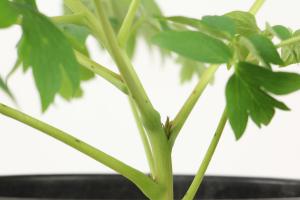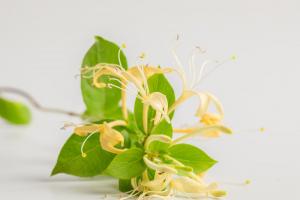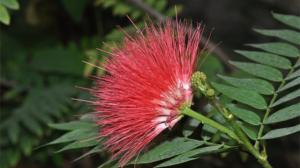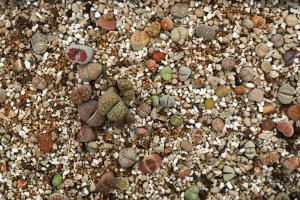Can Water Pressure Damage Plants?
Water is one of the most important factors for plant survival, but not all watering methods are created equal. Using high water pressure can cause damage to plants in various ways. In this article, we will explore the risks of using high water pressure on garden plants and crops.
The Risks of High Water Pressure
High water pressure can cause physical damage to plant cells, specifically to their cell membranes. The excess pressure can cause the cells to rupture or collapse, leading to impairment or even death of plant tissues. Additionally, forceful streams of water can wash away soil nutrients, erode delicate roots, and strip the plants of their protective outer layers.
Effects of Water Pressure on Plants
In addition to causing physical damage, high water pressure can negatively impact plant growth and development. Excessive watering can lead to waterlogged soil, which deprives plant roots of oxygen and suffocates them. In turn, this can cause stunted growth, yellowing leaves, and root rot. On the other hand, under-watering can cause wilting, leaf drop, and even plant death, especially during times of heat stress.
Suitable Water Pressure for Plants
The ideal water pressure for plants varies depending on soil type, plant species, and environment. In general, low to medium water pressure is recommended. A gentle drip or mist can effectively saturate the soil while minimizing the risk of damage to the plants. In circumstances where high-pressure watering is necessary, such as for deeply rooted trees or plants, it is important to use specialized equipment that disperses the water evenly and gently without creating a powerful jet stream.
Conclusion
While water is essential for plant growth, it is important to exercise caution when watering with high water pressure. Forceful streams of water can cause physical damage to the plants, wash away important nutrients, and lead to waterlogging. By using low to medium water pressure, and specialized equipment for high-pressure watering when necessary, gardeners can ensure their plants receive the vital hydration they need without causing any damage.

 how many times do yo...
how many times do yo... how many planted tre...
how many planted tre... how many pine trees ...
how many pine trees ... how many pecan trees...
how many pecan trees... how many plants comp...
how many plants comp... how many plants can ...
how many plants can ... how many plants and ...
how many plants and ... how many pepper plan...
how many pepper plan...































